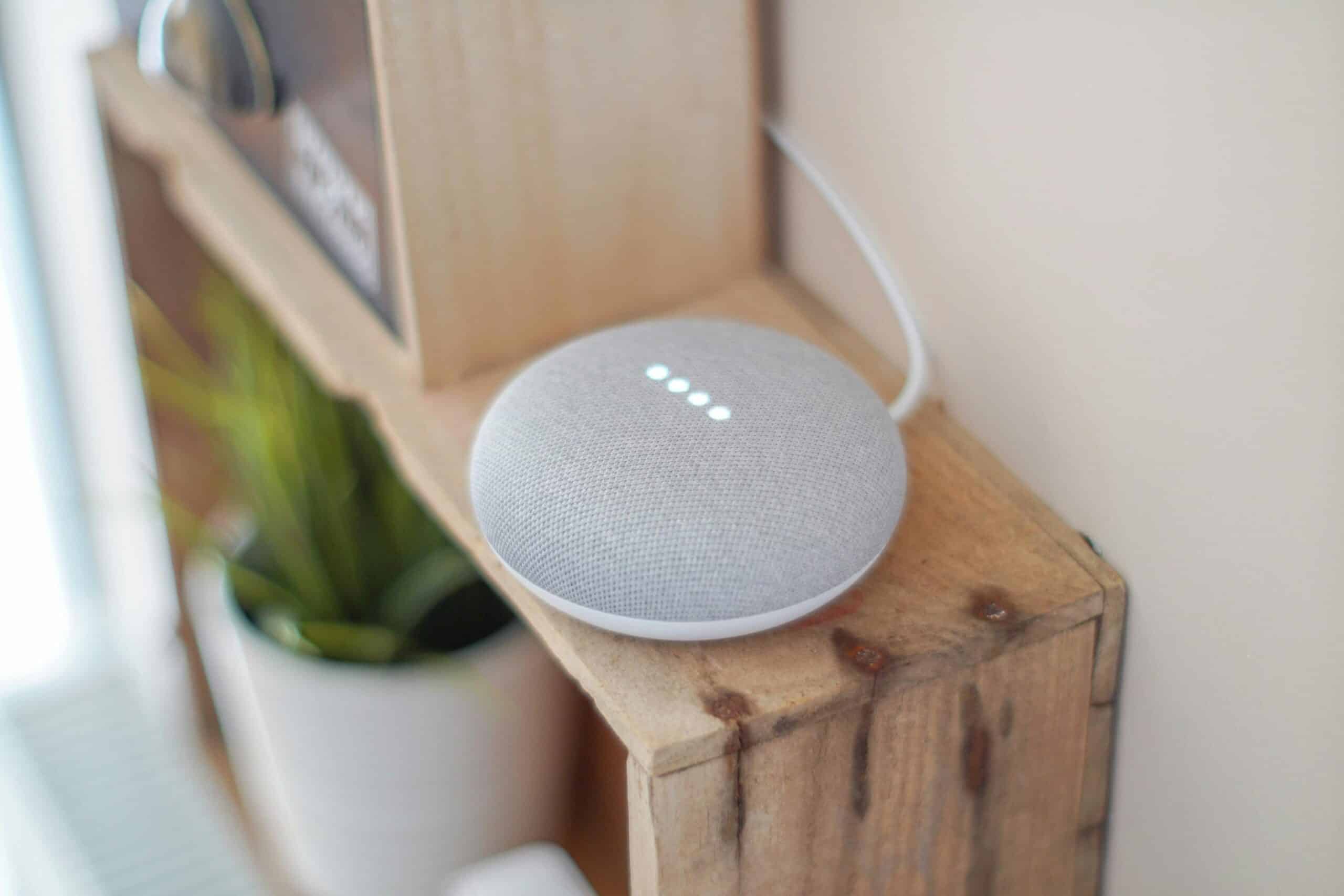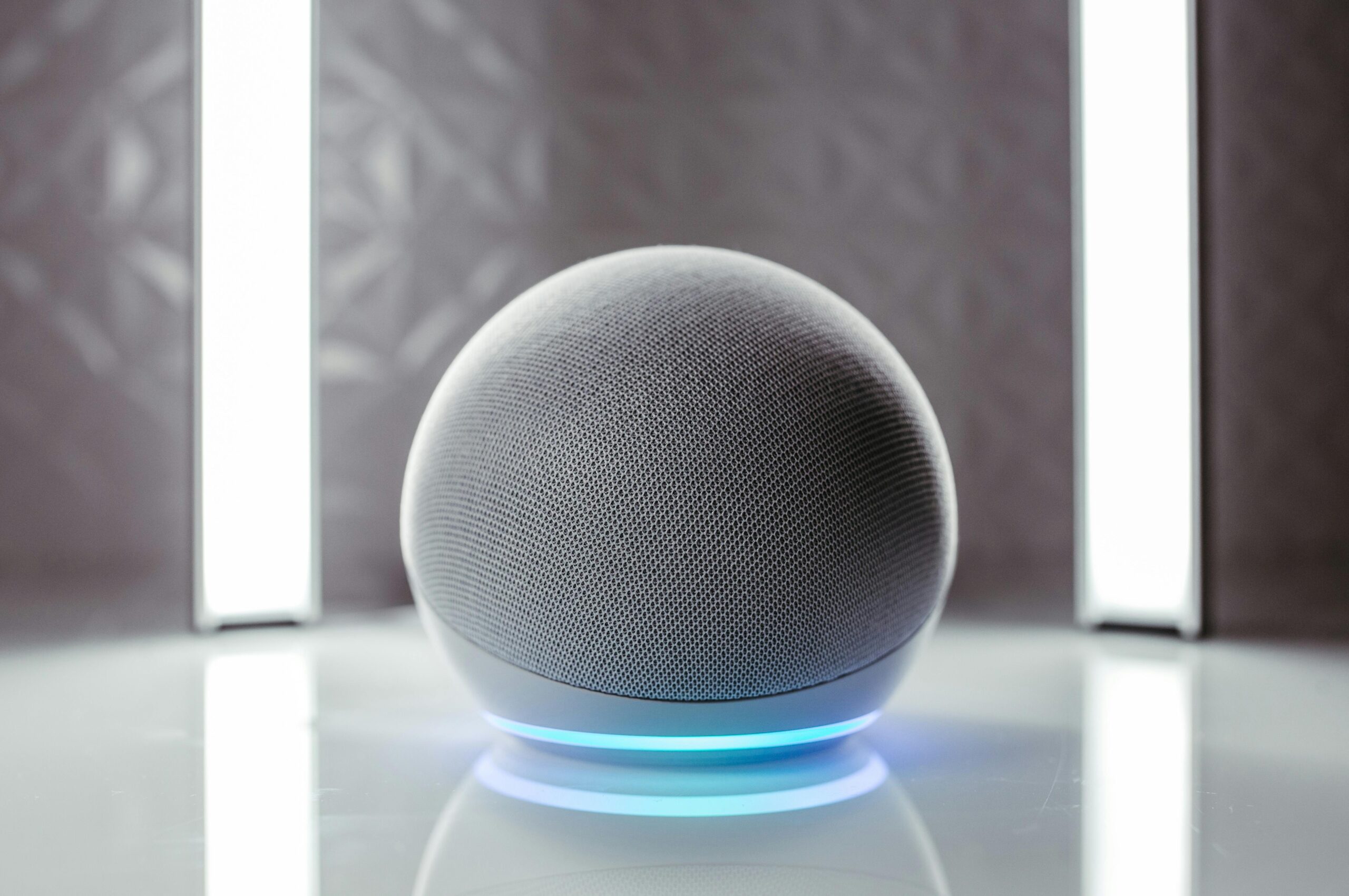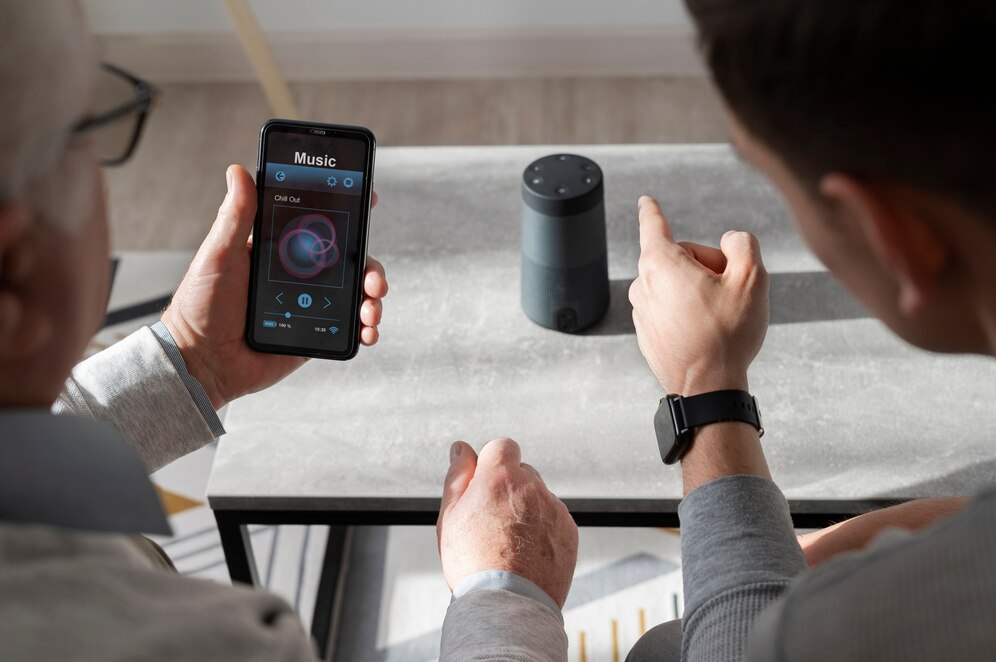
The Best Voice Assistants: Alexa vs Google Assistant vs Siri
Technology is changing the way we interact with it, in particular through voice assistants. They help make routine tasks easier and faster. The best voice assistants will transform smart homes by 2025. With the help of AI, these assistants are starting to be fed with an intelligent touch, becoming smarter, more responsive, and versatile. They address an incredible variety of user needs.
In this blog, let’s compare Alexa, Google Assistant, and Siri and explore their pros and cons. We’ll also dispel common myths and demonstrate how these assistants can further enhance your smart home experience.
Key Benefits / Why It Matters
Voice assistants are essential today. They provide hands-free control over devices, information access, and task management. As AI improves, these assistants better understand natural language. This makes interactions smoother and more human-like.
Voice assistants also boost accessibility for people with disabilities. They help users gain independence. With AI, these assistants learn user preferences and offer personalised experiences.
There are millions of voice assistants in real life. They manage lights and thermostats, schedule reminders, and play music. These devices serve as the backbone of modern-day smart homes. By 2025, voice assistants will be integrated with even more devices and services, with the potential to play a key role in future smart homes.
Step-by-Step Guide / Actionable Insights

Understanding the Core Features
Alexa
Amazon’s Alexa is known for its compatibility with many third-party devices. It offers a wide range of skills, allowing users to perform various tasks with voice commands. Alexa’s ability to work with different smart home devices makes it a favourite for building a smart home.
Google Assistant
Google Assistant is great at understanding natural language and providing context-aware answers. Its integration with Google services allows easy access to information. Focused on AI-driven insights, Google Assistant gives personalised recommendations and reminders.
Siri
Apple’s Siri is famous for its integration with Apple devices. While it supports fewer third-party devices than Alexa, it offers a smooth experience for Apple users. Siri’s strong focus on privacy and security is a plus for those concerned about data safety.
Bixby
Samsung’s Bixby is quite famous for its song suggestions and playlist that she makes. It calls people for you, and plays videos for you. As good as a friend.
The common point of these assistants is that they are there for you like a fellow human being. They listen to your concerns and provide solutions accordingly.
Smart Speaker Comparison
Audio Quality
Alexa’s Echo devices are known for excellent audio performance, perfect for music lovers. Google Assistant’s Nest speakers deliver a balanced sound, good for both music and voice. Siri’s HomePod shines with high-fidelity audio, making it ideal for audiophiles.
Design and Aesthetics
Design choices vary, and each brand has its own style. Alexa’s Echo devices have a minimalist look, fitting any decor. Google Nest speakers have a modern design, blending into contemporary homes. Apple’s HomePod stands out with its sleek design, adding elegance to any room.
Compatibility and Ecosystem
Alexa’s broad compatibility makes it a versatile choice for building a smart home. Google Assistant’s integration with Google services ensures easy access to information. Siri’s compatibility with Apple devices provides a cohesive experience, emphasising privacy and security.
Additional Expert Tips & Common Mistakes to Avoid
When picking a voice assistant, consider your needs. Here are some tips to help:
- Evaluate Compatibility: Make sure the assistant works with your smart home devices for seamless integration.
- Consider Privacy Concerns: Different assistants have varied privacy policies. If privacy matters, Siri is known for strong data protection.
- Explore Customisation Options: Many assistants let you tailor your experience. Check these features to enhance usability.
- Avoid Overloading with Skills: Focus on skills that improve your experience. Too many can lead to confusion.
Advanced Insights / Expert Recommendations
As we approach 2025, voice assistants will grow in capability. Here are some insights and tips to maximise your voice assistant:
- Leverage AI-Driven Insights: Use personalised recommendations and context-aware responses to improve daily routines.
- Embrace Interoperability: Choose an assistant that connects with many devices for a smarter home.
- Stay Informed About Updates: Regular updates improve capabilities and security. Track these updates to maintain performance.
- Experiment with Automation: Try automation features to create routines and schedules for your smart devices.
Find your Best Assistant Today

By 2025, voice assistants will heavily influence smart homes. As AI grows, these assistants are getting more and more intuitive and versatile, providing unprecedented convenience.
Assess your needs before choosing an AI voice technology and consider the unique features of Alexa, Google Assistant, and Siri. An accurate selection can make your smart home experience even better.
Keep track of the latest developments as you bring voice assistants into your home. Discover a more connected smart home with an AI-fueled intelligence and automation environment.
Best voice assistants of 2025: what you need to know Explore the options and find yours today!


